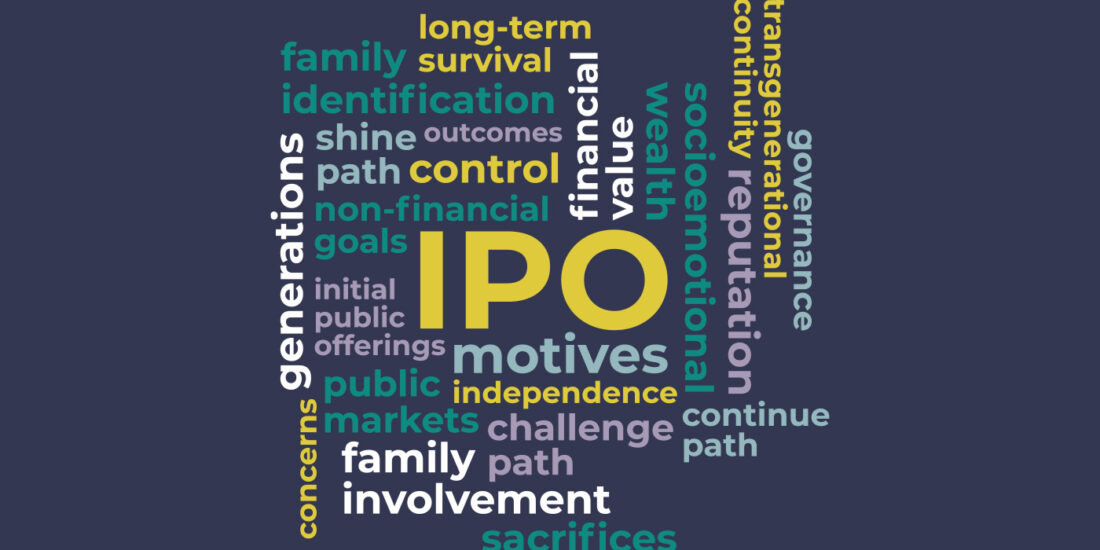Summary 2: Financial Decision Making in Family Firms: An adaptation of the theory of planned behaviour
(Authors: Christian Koropp, Franz W. Kellermans, Dietmar Grichnik and Laura Stanley)
Executive Summary prepared by Ken McCracken, consultant, Withers Consulting Group
The following situation will be familiar to many practitioners who work with enterprising families; in fact it might have frustrated them on occasion.
The current CEO and majority owner of a 2nd generation family business resists raising external capital that is needed to take advantage of a great business opportunity. The numbers prove that this is a “no-brainer” emphasizes the adviser who is no doubt trying his or her best to be helpful and, s/he continues, “Failure to grasp this opportunity could constrain the future financial performance of the business and lead to reduced returns for the family owners.”
When asked to give a reason for being reluctant to use external capital, the client explains, “My father’s values were never to borrow from outsiders.” This mystifies the adviser, especially given that said father is the “late” father. But it is further proof, the adviser mutters darkly, that family business owners sometimes act irrationally when making business decisions.
Alternatively, the adviser could read this article in Family Business Review and seek to understand the reasons for the client’s decision. This research confirms that the behavioural intention of owner-managers in family business is affected in favour of and against raising external debt or equity by their perception of family norms and attitudes.
The research involved 118 German family firms that are largely representative of that country’s population of family firms. At the time of the research (2009-10) the firms had average sales of €36.5 million (approximately US$50 million) and an average age of 77.6 years. Thus the firms were in the 2nd or 3rd generation of family ownership, as in the above example, and on average the respondents were male, aged 53, and had spent 22 years with the family firm.
The research confirms a hierarchy of preferences when enterprising families raise capital. First, they rely on family to provide debt and equity, then, they raise debt from external sources. The fear of losing control and aversion to monitoring external shareholders makes external equity the least popular option. In practice, this emphasizes the importance of advisers understanding the norms and attitudes that affect financial decision-making in family firms. According to this research, how family norms are perceived by owner-managers influence the financial decision-making processes. So instead of haranguing the client on the basis of what he or she “ought” to do based on the adviser’s assessment of the supposedly rational economic advantages of using external capital, the far more practical question would in fact be, “What do you think you can do, based on your perception of your family’s norms and attitudes?”
In future it would be interesting to know more about the effect of societal or cultural norms on this decision-making to see if there are any differences between Germany and other parts of the world.




